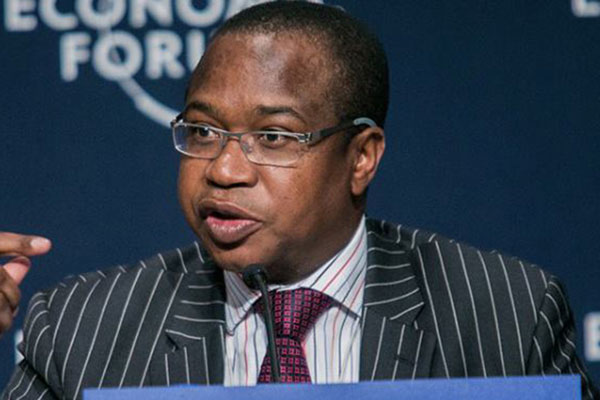
The move by the government to pay civil servants, pensioners and war veterans’ bonuses in United States dollars beginning this month is a huge vote of no confidence in the local currency.
Since the reintroduction of the Zimbabwe dollar in 2019, the government has been introducing measures that seem to undermine the local currency such as pegging fees for some of its services in foreign currency.
Fuel in Zimbabwe is now almost exclusively sold in foreign currency, yet the majority of workers are still paid in local currency.
The situation on the ground where goods and almost every service, including those provided by the government are priced in United States dollars made it difficult for Treasury to rebuff demands for bonuses to be paid in foreign currency.
Finance minister Mthuli Ncube announced recently that government workers will receive their annual bonuses in US dollars for the first time since 2018, what is being seen as an admission that the local currency has failed to win acceptance.
Civil servants have been pushing the government to restore their earnings to 2018 levels where they were pegged in US dollars, citing the collapse of the local currency.
The move to pay the bonuses in US dollars has set precedence for the wider economy to follow suit.
Workers in the private sector also now have a legitimate expectation for their employers to at least pay part of their earnings in foreign currency.
- Chamisa under fire over US$120K donation
- Mavhunga puts DeMbare into Chibuku quarterfinals
- Pension funds bet on Cabora Bassa oilfields
- Councils defy govt fire tender directive
Keep Reading
This will also embolden civil servants to push harder for salaries in US dollars since the government has tacitly admitted that paying them in local currency is not sustainable.
The government says it does not generate enough foreign currency to pay its workers in foreign currency, but the bonus payments demonstrate that Treasury does indeed have that capacity.
However, the bigger question is: what message are the authorities sending by using another country’s currency to pay bonuses?
The government is expected to be on the forefront defending the local currency if the Zimbabwean dollar is to survive.
Current policies, however, do not seem to be sending the right signals about the Zimbabwe dollar.
The biggest victims of the policy inconsistencies are ordinary Zimbabweans who have to bear the brunt of the currency instability through price increases.
Inflation continues to gallop and the majority, who are paid in local currency, cannot keep up.
Long suffering Zimbabweans will be waiting for Ncube’s 2022 budget presentation in the next few days for direction on the future of the local currency, but indicators so far are not encouraging as the authorities do not seem eager to defend the Zimbabwe dollar.







